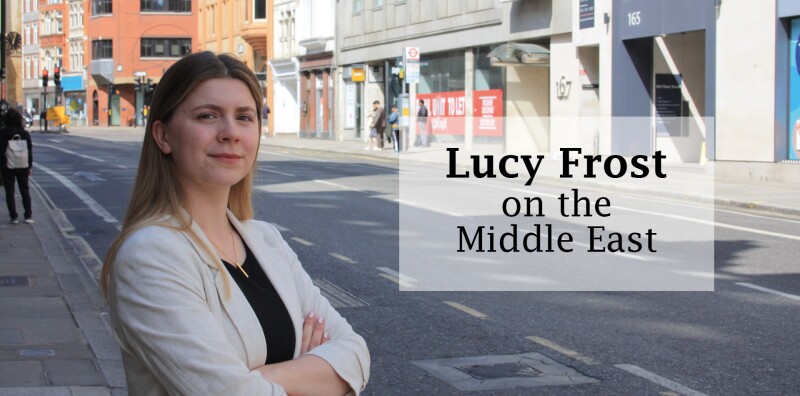
In April, Bank Dhofar, Oman’s second-largest bank, made an unsuccessful offer for smaller rival Ahli Bank. Since then, it has made a second offer for 100% of the bank, the day after a separate Omani consortium revealed its interest in the same target.
Such merger activity is becoming more commonplace across the GCC as the push for greater consolidation and national champions encourages acquisitions. The race to find merger partners is clearly heating up.
Dhofar, with total assets of $11.2 billion as of the end of last year, is considerably smaller than Bank Muscat, which held more than $30 billion assets at the same point. A merger with Ahli Bank ($7.79 billion total assets) would create an entity with $19 billion in assets – substantial in this market, but still smaller than Muscat.
The other potential bidder for Ahli is a consortium led by Ominvest (Oman International Development and Investment Company), which owns a 31% stake in Oman Arab Bank. Ominvest announced its interest in merging Ahli with a subsidiary to create a bank that would have around $17 billion in assets.
Challenges
Dhofar’s interest is particularly telling. This is the bank’s third crack at a merger in the last 10 years. A potential deal with National Bank of Oman was abandoned in 2019, while talks with Bank Sohar were abandoned after three years in 2016.
While any resultant merged entity in Oman would not trouble Muscat’s position as the country’s largest lender, it would help Dohar shore up its own position as number two in the market, which will come under increasing threat as M&A activity intensifies across the region.
There is also likely to be greater activity from GCC banks outside their own region
The recent purchase by Sohar International of HSBC’s assets in Oman poses a particular challenge. Sohar, which merged with Nizwa at the beginning of 2022, has $10.7 billion in assets, while HSBC Oman has $5.82 billion. That merger, which has received shareholder and regulatory approval, and is expected to complete in the second half of this year, creates an entity with $16.52 billion in total assets.
National Bank of Oman, Sohar and Ahli are the third, fourth and sixth largest banks in Oman, so Dohar is running out of good options if its Ahli ambitions are thwarted.
Its share price dropped sharply at the beginning of this year but recovered on news of its approaches to Ahli. Furthermore, asset quality has deteriorated post-Covid and would be improved with the addition of Ahli’s better-quality loan book.
Greater activity
Oman is not alone in anticipating greater M&A activity.
In Kuwait, Gulf Bank and Al Ahli Bank recently called off merger talks following the much larger deal that saw Kuwait Finance House acquire Bahrain’s Ahli United Bank for $10.9 billion last year – a rare example of a cross-border intra-GCC deal.
For many observers, all eyes are on Bahrain, which has 20.5 banks per million people. This is due to its historical status as the region’s finance hub, a role in which it has now been superseded by Dubai and Abu Dhabi.
There is also likely to be greater activity from GCC banks outside their own region. In June 2022, FAB bought the Egyptian assets of Lebanon's Bank Audi, while in 2019, Emirates NBD bought Turkey’s Denizbank. Analysts say the two markets are likely targets for other banks looking to expand in the region.
Ambition is not in short supply. Earlier this year, FAB expressed interest in acquiring Standard Chartered. More recently, news broke that the Abu Dhabi-based bank had held preliminary talks with Lazard, the world’s largest independent investment bank.
Neither deal progressed, but they’re unlikely to be the last M&A rumours emanating from the Gulf.
